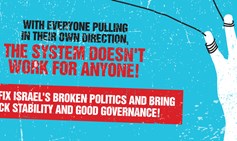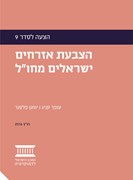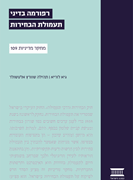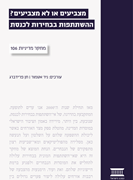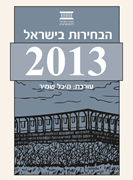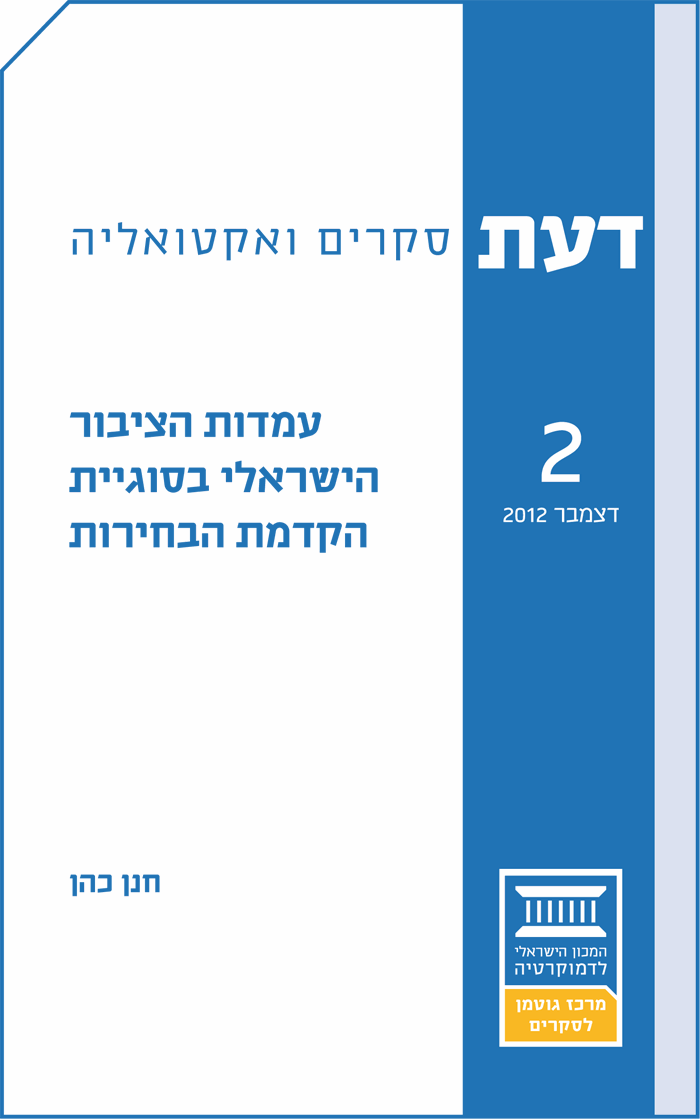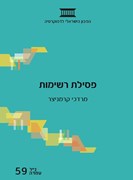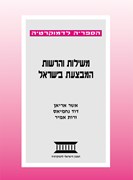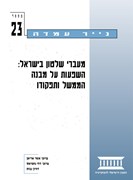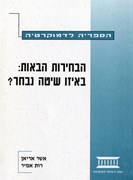

Publications Regarding Elections
Articles

In a World Turned Upside Down, Israeli Politics is Business as Usual
Written By: Prof. Ofer Kenig, Dr. Dana Blander
The events of October 7, the judicial overhaul, continuous war, murderous violence on the streets, a spiraling cost of living—none of these have been enough to destabilize the coalition. Will it be the conflict over drafting yeshiva students that ultimately brings down the Netanyahu government?

Everything You Need to Know About Dissolving the Knesset
Written By: Dr. Assaf Shapira
What is the process and timing involved in dissolving Knesset and initiating elections? What happens between a Knesset dissolution and the forming of a new government? Is Israel's process typical compared to other countries? All your questions answered about dissolving Israeli Knesset.

Expanding Arenas for Democratic Participation as a Remedy for Political Helplessness
Written By: Prof. Ofer Kenig
Expanding the institutional arenas for democratic participation in Israel - through electoral and structural reforms - can help address the growing sense of political helplessness and strengthen the responsiveness of its democratic system.

Analysis of Voting Trends and Intentions in Israel: Review of 2024
Written By: Dr. Lior Yohanani
An analysis of the potential voting patterns for future elections, voter transitions between parties, and an exploration of the potential electoral power of the Democrats party in upcoming elections.

Could Sderot Have the Same Standing as Tel Aviv? Perhaps If We Reform the Electoral System
Written By: Dr. Assaf Shapira, Prof. Gideon Rahat
Israel is the only OECD member that has neither regional elections nor a personal element in the electoral system. This is not simply a technical issue but has far-reaching implications relating to the quality of representation and the obligation elected officials have toward their voters.
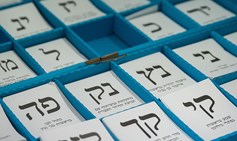
The Views of Israeli Voters
Written By: Dr. Or Anabi, Prof. Tamar Hermann
What are the views of Israelis on a range of subjects, and how do these views relate to their decision on who to vote for in the upcoming elections?
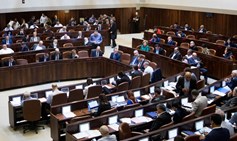
A Call to Adopt a Government Code of Ethics
Written By: Dr. Guy Lurie
Such a code will not only prevent corruption, but in addition will prevent serious damage to the government’s image and attacks on law enforcement
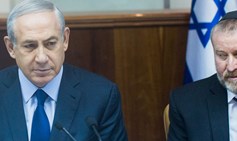
What Would be the Fate of a Prime Minister Convicted in a Court of Law?
Written By: Dr. Guy Lurie
The fourth in a series of articles and videos prepared by the Israel Democracy Institute in the run-up to April 9, explaining and critiquing what goes on during an election period
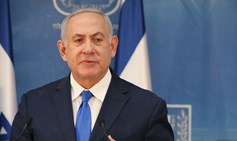
Netanyahu – Why is There Such A Fierce Debate?
Written By: Yair Sheleg
Israel has had 12 prime ministers in its 70 years, but none provoked such fierce emotional debates as Netanyahu.
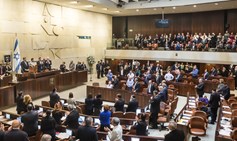
It’s time to change how we select Knesset candidates
Written By: Prof. Gideon Rahat
Primaries often don't reflect the true will of actual party supporters -- voters should weigh in on Election Day
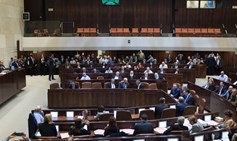
Time to Vote for a Bloc!
Written By: Prof. Yedidia Z. Stern
“The great task before all — right and left, religious and secular, Jew and Arab — is to break down the veto power that the extremists among us wield over the center on various fronts”
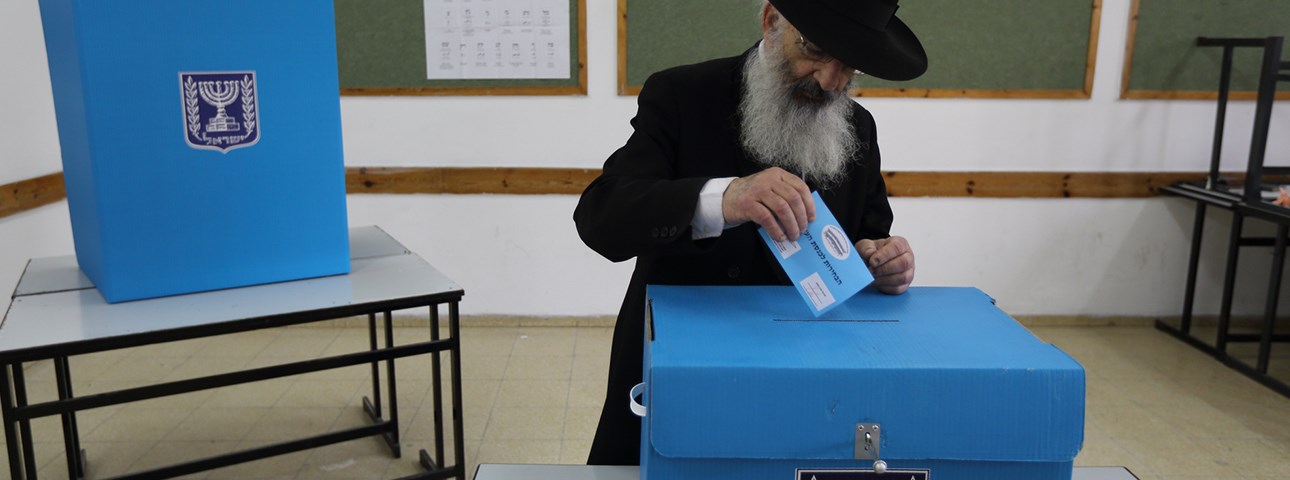
Ultra-Orthodox Political Parties in Israel—Past, Present, Future
Written By: Dr. Gilad Malach
What is the secret behind the power of the ultra-Orthodox political parties in Israel and how has it changed over the years? The article presents an overview of the development of the ultra-Orthodox political parties in Israel from the establishment of the State as well as insights as to future developments.
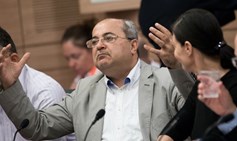
Arab Politics in the 2019 Election Campaign
Written By: Dr. Arik Rudnitzky
A review of political and ideological streams in Arab society in Israel - towards 2019 elections.
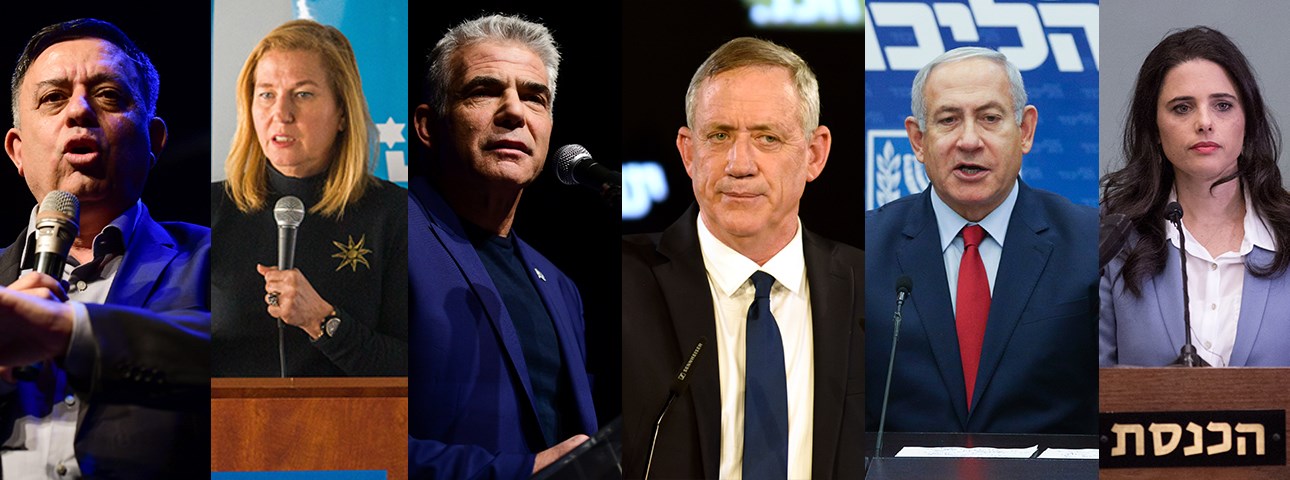
Special Elections Survey
Written By: Prof. Tamar Hermann, Dr. Or Anabi
The Jewish public is divided over the question whether the prime minister should resign if indicted by the Attorney General, pending a hearing; 52% of the Jewish public believes that Israelis living abroad should also have the right to vote
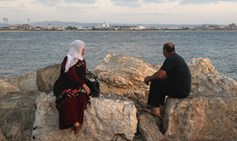
The Five-Year Plan for Arab Israelis: the Acid Test of the Upcoming Elections
Written By: Dr. Nasreen Haddad Haj-Yahya
The five-year plan for the development of the Arab community was a giant step forward towards the socioeconomic advancement of Israel’s Arabs, nevertheless the current election campaign is going to be the acid test: Is the Israeli government serious about integrating the country’s Arab citizens into the broader society, or merely in promoting the Arab economy in light of its importance for the country’s overall prosperity?
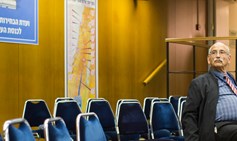
Has The Era of the Primaries Come to an End?
Written By: Prof. Ofer Kenig
Democracy is at risk when the responsiveness between the public and its elected representatives is severed. Without accountability, political extremism and populism will become more prevalent.
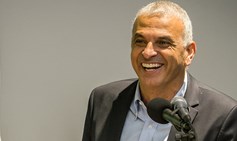
The Constitutional Tug of War in the Outgoing Coalition
Written By: Dr. Amir Fuchs
The 20th Knesset was the most injurious of all with regard to democratic values, freedom of expression, gatekeeping and, above all, minority rights. In the next government we can only hope that someone will champion liberal center-right values to continue to protect our democracy.
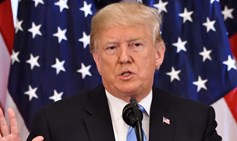
Elections, Security and the Next Government
Written By: Prof. Tamar Hermann, Prof. Ephraim Yaar
The majority of Israelis think that Trump’s decision to withdraw from Syria harms Israel’s security and want a right or center-right government. Read more in the latest Peace Index.
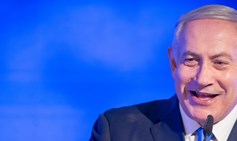
Does Benjamin Netanyahu Face Real Competition?
Written By: Prof. Tamar Hermann, Prof. Efraim Yaar
The monthly Peace Index reveals that: 46% of Jewish Israelis name Benjamin Netanyahu as their preferred candidate for the next prime minister.
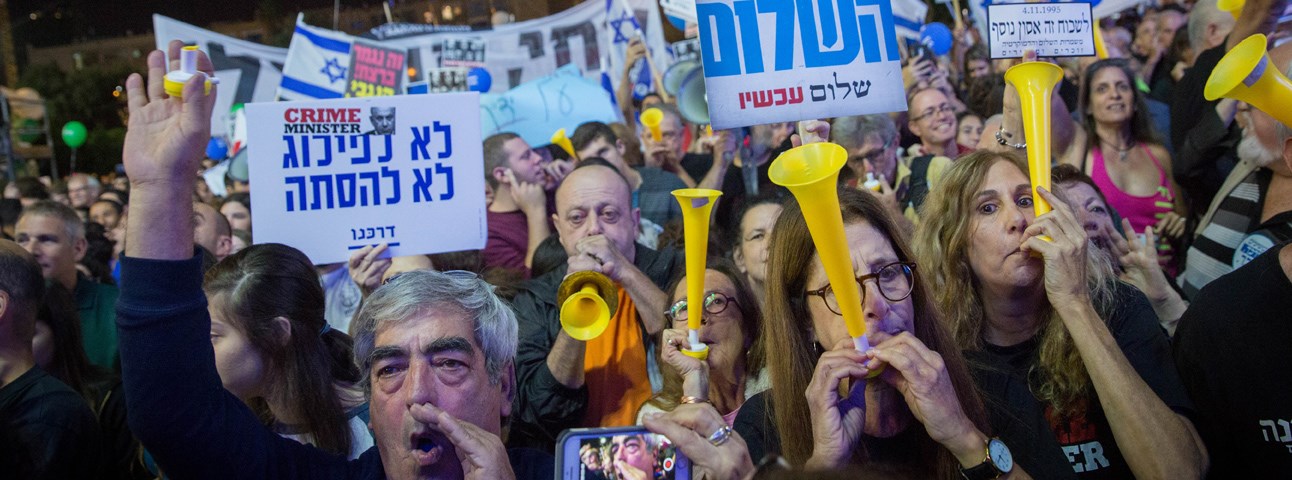
Beit Shemesh and Tel Aviv
Written By: Prof. Yedidia Z. Stern
How despicable is a mob that calls for non-partisanship but is unwilling to listen to a voice that speaks for a majority of Israelis today?
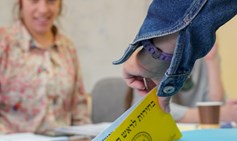
Local Government and Local Elections: Time to Move Away from Centralized Thinking
Written By: Prof. Gideon Rahat
Israel’s system of local elections has been in place since the 1970s - but is it optimal? Prof. Gideon Rahat proposes reform to enhance the compatibility of the system to the characteristics and needs of different localities.
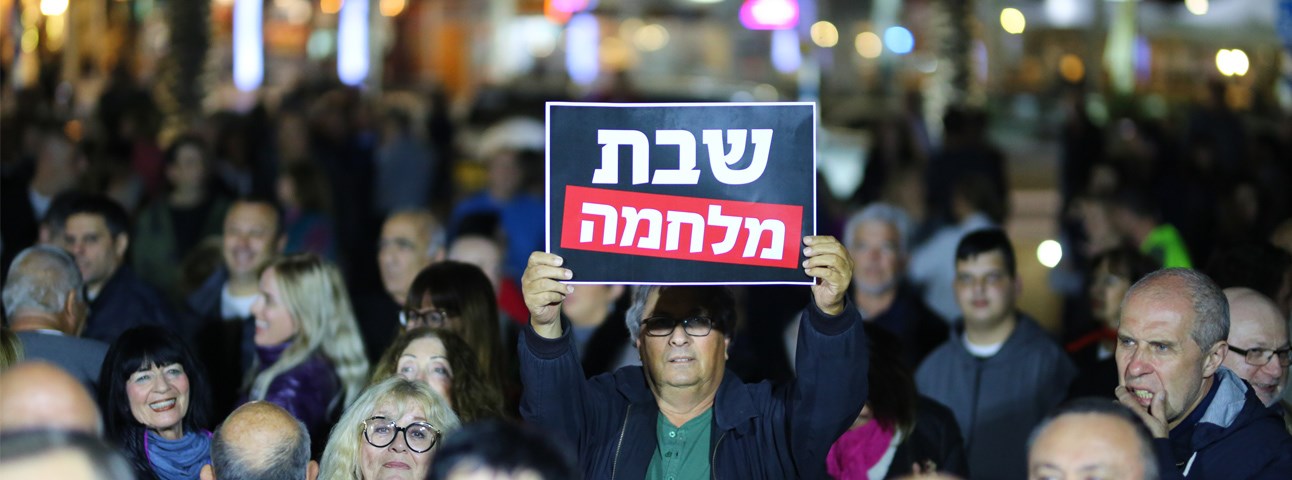
Faith and the City
Written By: Dr. Shuki Friedman
In an op-ed for the Jerusalem Post, Dr. Shuki Friedman, Head of IDI's Center for Religion, Nation and State, explains how local government plays a critical role in balancing religion and state in day-to-day life in Israel.

The Municipal Elections 2018: Digital Resilience
Written By: Dr. Tehilla Shwartz Altshuler, Dr. Guy Lurie
The digital domain has developed into something of a wild west for election campaigning in recent years. While there are strict laws governing the press, radio, and television, there are almost no restrictions on online campaigning, such as on the forms of advertising permitted, the use of personal data, and advertising budgets. This lack of regulation has already been shown to potentially affect election results, and may lead to the misuse of information on residents, routinely collected by the municipality as part of its function by those in positions of power in local government.
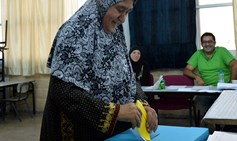
Why Local Elections Matter
Written By: Yohanan Plesner
"While Israeli national politics get most of the coverage, it is the local level that in many cases has the greatest impact on Israeli lives." Read Yohanan Plesner's op-ed on the upcoming municipal elections and why electoral reform is required, both on the local and national level.
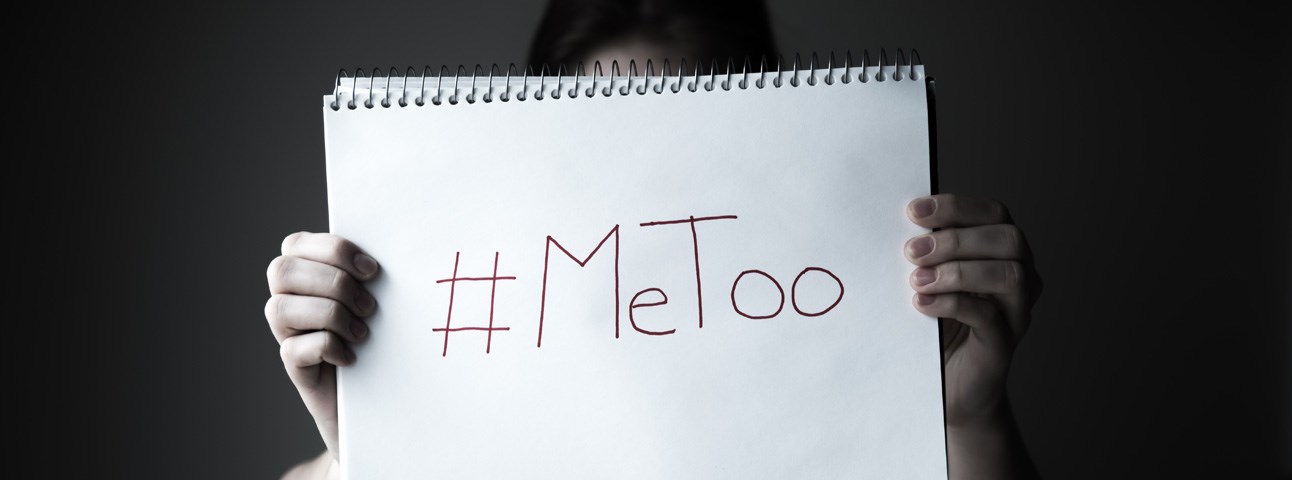
Is It a Very Scary Time for Young Men?
Written By: Prof. Tamar Hermann, Prof. Ephraim Yaar
The monthly Peace Index of the Israel Democracy Institute and Tel Aviv University finds that: 44% of Jewish and Arab Israelis agree with President Trump’s statement that “It’s a very scary time for young men” – the percentage among men who agreed was significantly higher than that among women.
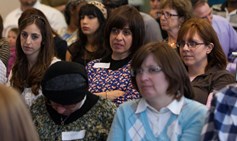
Integrating Women into Politics: Another Solution
Written By: Prof. Ofer Kenig, Dr. Chen Friedberg
The absolute exclusion of women from ultra-Orthodox parties keeps their specific interests from being addressed effectively in the public sphere.
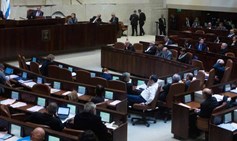
The Israel Democracy Institute Ahead of Deliberations on the V-15 Bill
Ahead of Wednesday’s (January 4) deliberations on the changes in the V-15 Bill, scholars from the Israel Democracy Institute (IDI) sent a letter to members of a joint committee of the Knesset’s House and Law Committees calling on them to amend the bill significantly.
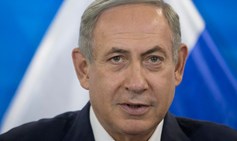
New Record! Netanyahu Now Longest Continuously Serving Israeli Prime Minister
Written By: Prof. Ofer Kenig
As of November 22, 2016, Benjamin Netanyahu will have occupied the Prime Minister’s Office for 2,793 days in a row, thereby surpassing David Ben-Gurion for the longest continuous tenure as premier in Israeli history.

America: Land of Endless Voting Opportunities?
Written By: Prof. Ofer Kenig
Dr. Ofer Kenig discusses the multiple ways in which the United States has facilitated the voting process in order to improve voter turnout, and suggests that Israel adopt a number of these innovations. This op-ed originally appeared in the Jerusalem Post.
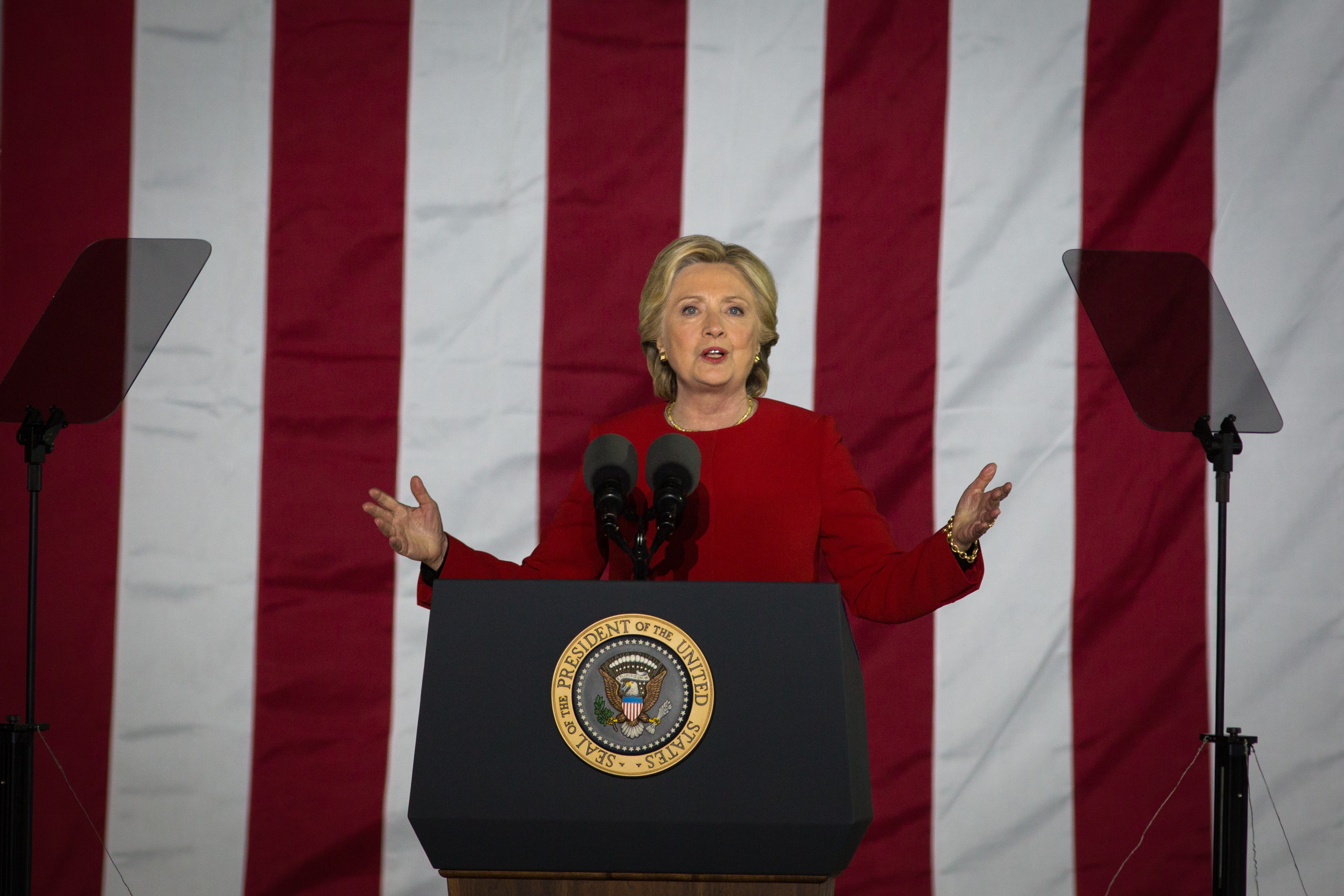
Israelis Believe Clinton will Push them Harder on Peace, Back Her Anyway — Poll
Written By: Marissa Newman
Israelis may have given up for now on peace, but still want peace talks. Arab Israelis are more optimistic than their Jewish counterparts about state’s future.
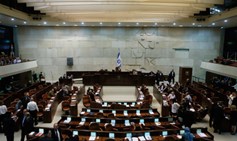
IDI Scholars’ Statement Ahead Of Tomorrow’s Discussion on V-15 Bill
It is important to require transparency, not to limit contributions, and to establish an effective and equal process of oversight

Peace Index: 62% of Israelis Predict Clinton Will Win U.S. Election
Sixty-two percent of Israelis expect Democratic candidate Hillary Clinton to win the U.S. election, according to the latest Peace Index, published Wednesday by the Israel Democracy Institute and Tel Aviv University.

66% of Jewish Public: 'It Is a Commandment to Kill a Terrorist Who Comes At You with a Knife'
Latest Peace Index shows Jewish Israelis agree Europe lacks the ability to combat terror, but favor collaborating with Turkey to fight terrorism. Plus, Israeli Jews now see Democratic frontrunner Clinton as better for Israel than Republican Trump.

The Israel Democracy Institute to Knesset Ministers: "Support Bill to Shorten Time Allotted For Forming A Government"
Ahead of today's meeting of the Ministerial Committee on Legislation, the Israel Democracy Institute (IDI) called for supporting a bill that will shorten the length of time allotted to form a governmnet after an election.

A Democratic or Republican Candidate?
Peace Index: Israelis weigh in on which candidate is better for the Jewish State; Survey examines perceptions of Jerusalem as a divided city.

What Just Happened? The 2016 U.S. Elections
Written By: Prof. Ofer Kenig
On Monday, February 1, 2016, the long and complex process in which the two major American parties choose their candidates for president began in Iowa. One of those two candidates will be the 45th President of the United States. What exactly are the presidential primaries? What makes them so long and complicated? What is their timetable and who, for now, are the main candidates?

The Glass is Half Full
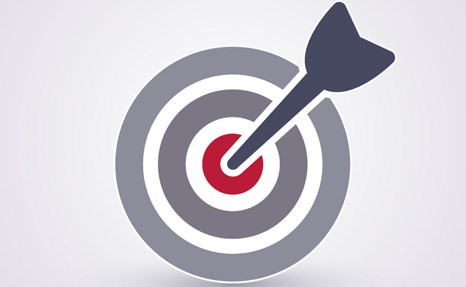
Democracy: The Key Election Issue
Written By: Prof. Mordechai Kremnitzer
In an op-ed in Maariv, IDI Vice President Prof. Mordechai Kremnitzer calls for an election campaign that focuses not only on foreign policy and Israel's social gap, but on the nature of Israeli identity and the value of Israeli democracy itself.

How Often Elections Are Called in Israel and Around the World
On average, since 1990 elections in Israel have been called every 2.8 years.
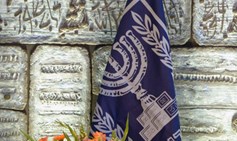
The Israeli Presidency: Unnecessary Institution or Vital Symbol?
Written By: Dr. Dana Blander
As the 2014 presidential election draws near, once again there have been calls to do away with the institution of the presidency. Is the President of Israel an unnecessary position or a vital symbol? IDI researcher Dr. Dana Blander analyzes the two sides of this question.

Remembering Ariel Sharon (1928–2014)
Written By: Prof. Ofer Kenig
Dr. Ofer Kenig presents some of the milestones in the career of Ariel Sharon, the 11th Prime Minister of the State of Israel.
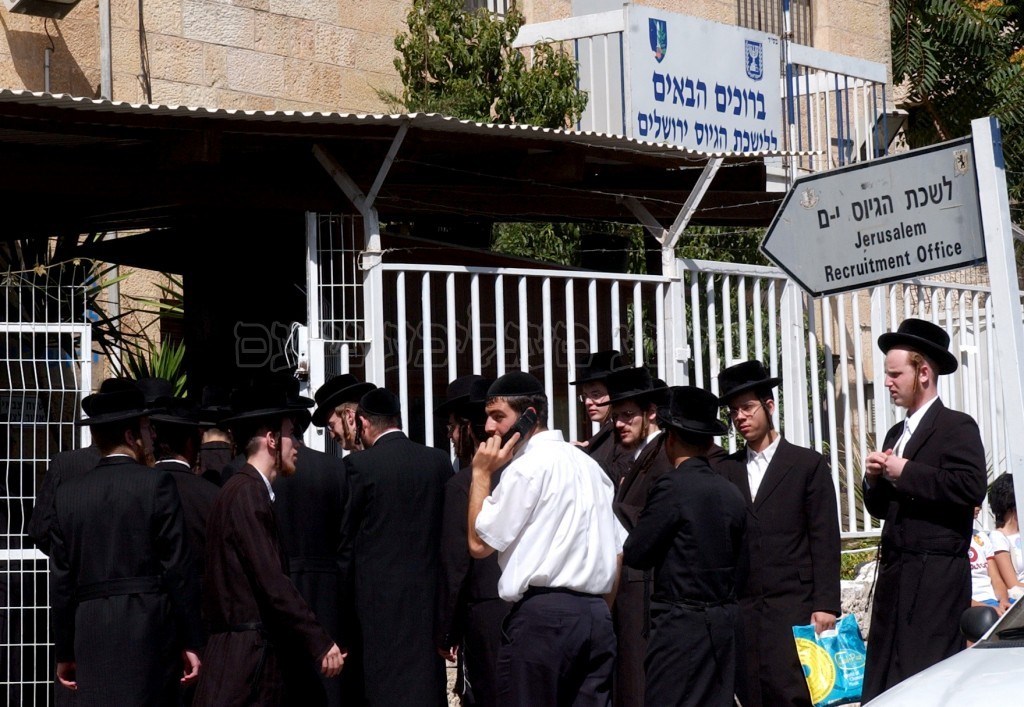
Sir Isaac Newton and the New Haredim
Written By: Prof. Yedidia Z. Stern
Prof. Yedidia Stern shares thoughts on the connection between failure of the ultra-Orthodox "Tov" party in the local elections, the Haredi draft bill being debated by the Shaked Committee, and Newton's laws of motion.

The Israeli Municipal Elections 2013: Some Preliminary Findings
Written By: Nir Atmor, Dr. Dana Blander, Dr. Assaf Shapira
Dr. Nir Atmor, Dr. Dana Blander, and Assaf Shapira share some preliminary findings on voter turnout and women's representation in the Israeli municipal elections of 2013.

On the Decline in Voter Participation in Municipal Elections in Israel
Written By: Dr. Assaf Shapira
Why is voter participation in local elections in Israel so low? Assaf Shapira explains the reasons behind this phenomenon, discusses its implications, and offers possible remedies.
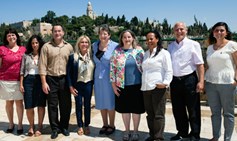
Women and Israeli Local Politics – A Natural Fit
Written By: Moran Nagid
More women than ever are running for Israeli municipal government in the local elections of 2013, but is it enough? Moran Nagid surveys the appeal of local politics for women and suggests a means of improving the situation.
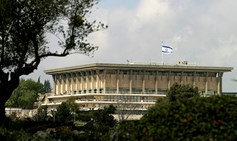
The Governance Bill: Pros and Cons
Written By: Dr. Arye Carmon, Prof. Gideon Rahat, Prof. Ofer Kenig, Reut Itzkovitch Malka
A video in which IDI researchers discuss some of the pros and cons of the Governance Bill being considered by the Knesset.
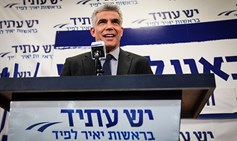
The 2013 Elections: The Liberal Right Decided
Written By: Dr. Amir Fuchs
What explains the extraordinary accomplishment of Yair Lapid’s Yesh Atid party in the 2013 Knesset elections? IDI researcher Attorney Amir Fuchs points to one factor that is sometimes overlooked: the fact that the liberal right was left without a political home in the elections of 2013.

Women’s Representation in the Knesset: Is it Sufficient?
Written By: Prof. Ofer Kenig
The 19th Knesset is expected to have a record number of women MKs. Nonetheless, the percentage of women in the Knesset is lower than that found in the parliaments of most other established democracies. IDI researcher Dr. Ofer Kenig provides an overview of the situation.
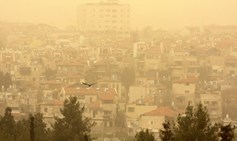
Brushing Off the Dust
Written By: Prof. Ofer Kenig, Nir Atmor
In an article written before the elections for the 19th Knesset, IDI researchers Ofer Kenig and Nir Atmor focus on five elements of Israel’s political system that they believe are in dire need of change.

Elections in the Shadow of War (2012)
Israel's launch of Operation "Pillar of Defense" just before the elections for the 19th Knesset is reminiscent of the launch of "Operation Cast Lead" before the elections of 2009. Should the elections be postponed? Dr. Dana Blander discusses elections during times of war, in Israel and abroad, from an historical-legal perspective.

Who Wins the Israeli Election? That Depends on How You Count the Votes
Written By: Naomi Himeyn Raisch
An analysis of the different patterns of alliances, unions, and mergers between political parties in Israel, which was originally published in Hebrew in IDI's online "Parliament" journal.

Elections in the Shadow of War (2009)
Written By: Dana Blander
On December 27th, 2008, just weeks before the scheduled general elections, the IDF launched a large scale military operation in the Gaza Strip. Should elections be postponed because of war or should they be held as scheduled? IDI researcher Dr. Dana Blander discusses this question from an historical-legal perspective, drawing on Israeli historical precedents and the experiences of other democracies.

Elections for the Local Authority – Who, What, When, Where and How?
Written By: Dana Blander
An exploration of voter participation in municipal elections in Israel that explores the possible reasons for low voter turnout and proposes ways to increase citizen participation in local politics.
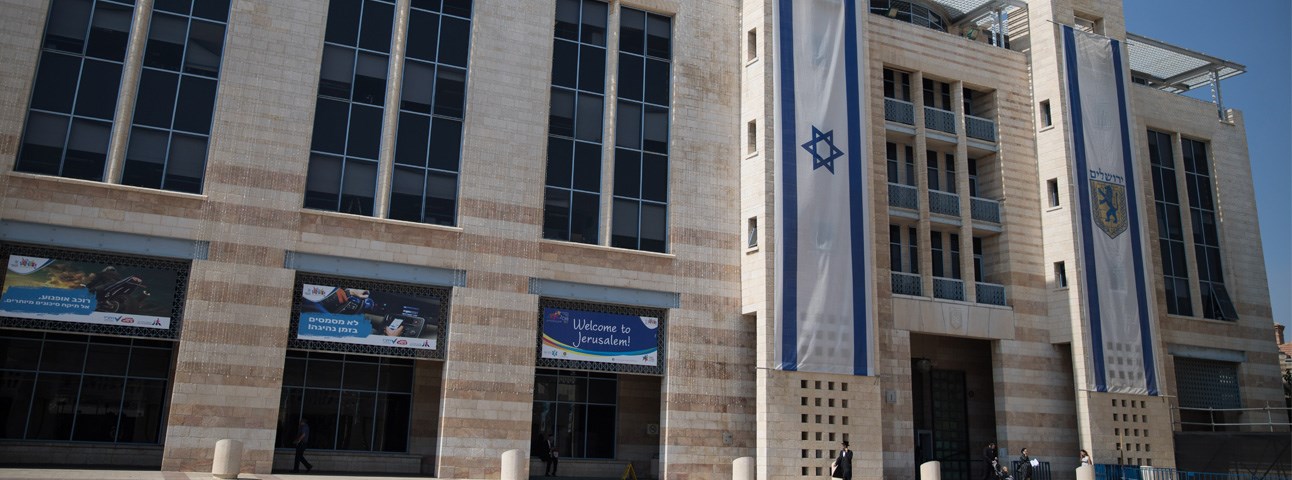
Is There a Connection Between Corruption and Term Limits in Local Government?
Written By: Prof. Ofer Kenig, Dr. Shahaf Zamir
Recent years have seen the emergence of dozens of corruption scandals involving local government in Israel. Subsequently there have been calls to set mayoral term limits to prevent graft and corruption. Dr. Ofer Kenig and Shahaf Zamir's dispel the idea that there is a connection between the length of a mayors term and levels of corruption.

Ultra-Orthodox Parties in Municipalities in Israel
Written By: Dr. Gilad Malach
Tomorrow's elections will determine the local government in 251 cities, towns and municipalities. Of all the political parties represented at a national level in Israel, the ultra-Orthodox parties are the most successful in local government. What are the reasons behind this interesting trend? Read Dr. Gilad Malach's fascinating findings.

If Elections Were Held Tomorrow, Israelis Would Select a Right-of-Center Government
Latest Peace Index: Trump’s White House invitation to Abbas not viewed as negative toward Israel; Israelis believe chances of Israeli-Syrian war low

IDI Ahead of the Vote on the V-15 Bill:
‘The bill sets an extremist and dim precedent, which casts a shadow of harsh limitations on freedom of expression’

IDI President Responds to Advancement of V-15 Bill
Today, the V-15 bill advanced to the Knesset, with a vote expected as early as later this week.

